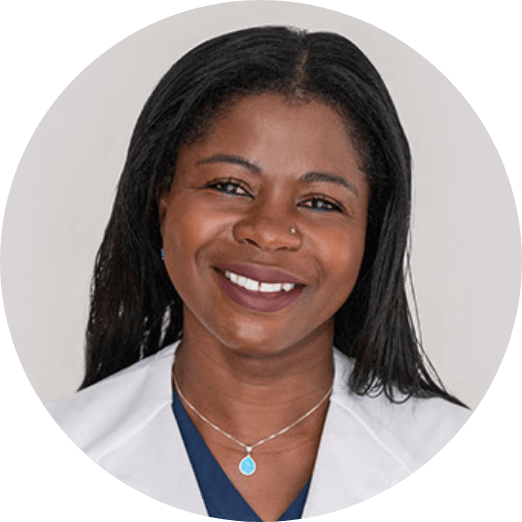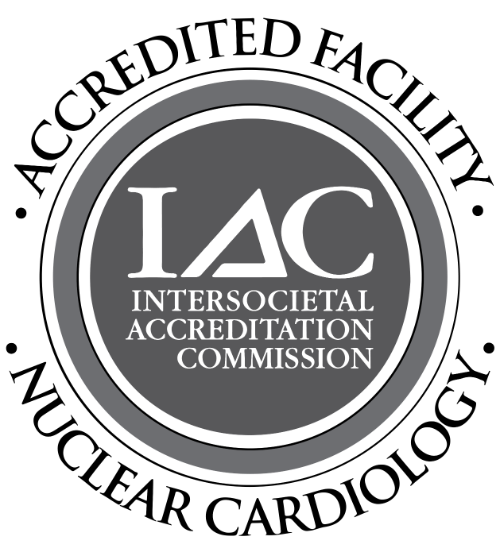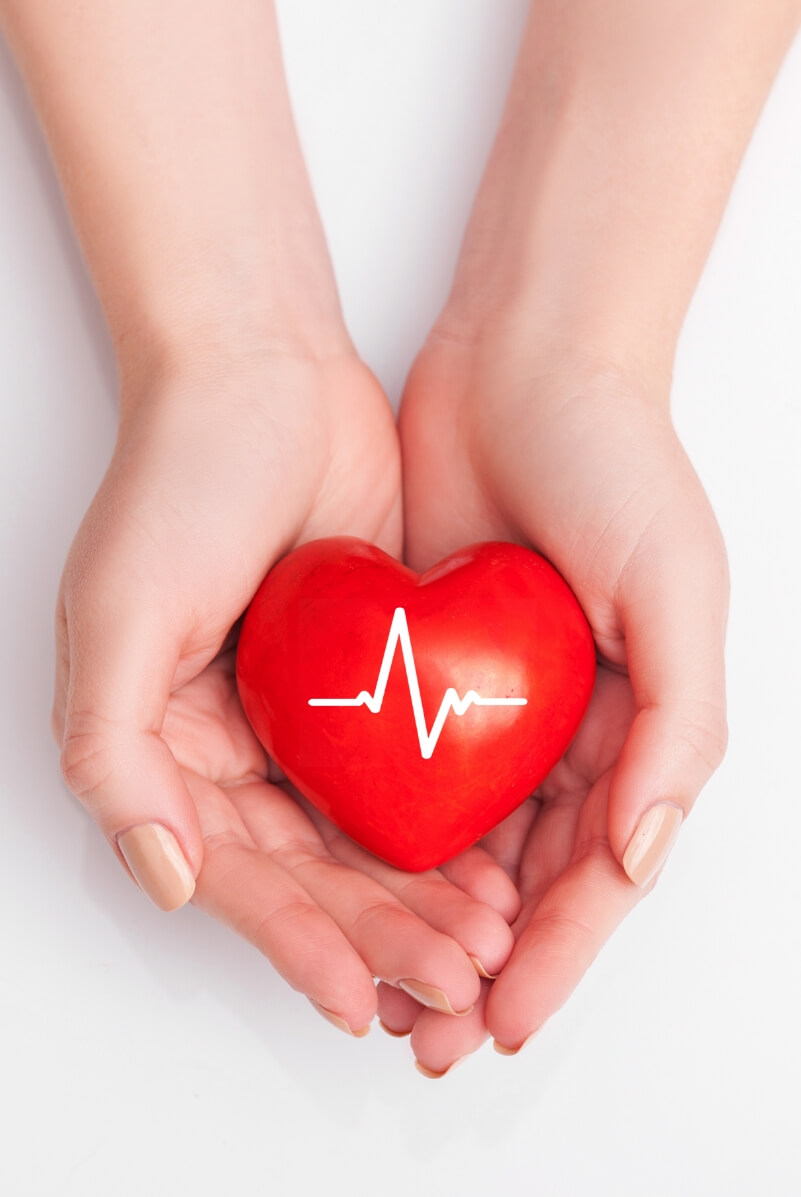With the top cardiologist in St. Petersburg, FL
A healthy heart is
Find out how we can help you start your heart health journey.


Dr. Ahiable believes in forming a trust-based partnership with her cardiac patients. She listens and gives you the personalized heart care you deserve.
She is board certified by the American Board of Internal Medicine and the National Board of Echocardiography.
Dr. Ahiable is also the founder of the Sydnor Cardiovascular Center in St. Petersburg, Florida.
We can help you with your
Take control of your heart health with your

Everyone over 40 years of age should routinely see a cardiologist for an EKG and a stress test, especially if you have a family history of heart issues. A healthy heart is a happy heart.

How our
We are





Know Our







Find us at
Sydnor Cardiovascular Center
7111 Ist Avenue South
St Petersburg, Florida 33707
727-321-2680
A cardiologist is a health care provider who treats a wide range of conditions, including:
A cardiologist can order various tests, such as echocardiograms, electrocardiograms, and cardiovascular stress tests.
A cardiologist specializes in treating heart conditions and diseases. They also help patients manage their heart conditions. A cardiologist can help diagnose heart issues and treat any symptoms related to your heart.
Your general doctor may send you to see a cardiologist if they feel that you have significant heart-related issues or problems.
A cardiologist treats heart-related health symptoms. When you see a cardiologist, you will want to have a list of questions and concerns to share with your cardiologist. Here are a few questions you may want to ask your cardiologist:
You can do a wide range of things to reduce your risk for heart disease. The best thing you can do is live a healthy lifestyle. You need to eat a heart-healthy diet and stay physically active. These two things can significantly reduce your risk of heart disease.
It is also essential to know your heart health numbers, such as:
Knowing these numbers can help you address heart disease risk factors. Also, being aware of your family history is important as well.
A wide range of risk factors can develop slowly over time and lead to heart disease. There isn’t a specific age when you should start worrying about heart disease.
As an adult, you should continually monitor your risk factors and address those risk factors for heart disease.
A cardiologist goes through extensive education training. After four years of college, they go through four years of medical school and three years of general internal medicine training. Then, they spend three more years in specialized cardiovascular disease training.
After all that, they can choose to pursue a subspecialized fellowship in the varied fields of cardiology. It takes over ten years of training to become a cardiologist.
One of the best ways to lower your blood pressure is by eating a heart-healthy diet. A heart-healthy diet includes eating lots of whole grains, vegetables, low-fat dairy products, and fruit. You should also limit salt intake as well.
With a heart attack, symptoms can vary greatly. Some people have mild symptoms, others have severe symptoms, and some have no symptoms.
A few of the most common heart attack symptoms include:
In addition to the common signs of a heart attack, women sometimes experience atypical symptoms, such as a sharp or brief pain in the back, arm, or neck.
Your risk for a heart attack depends upon a unique combination of risk factors, such as:
A cardiologist can work with you to evaluate your risk and help you create a plan to care for your heart health.
Non-invasive treatment means that the treatment or test doesn’t require an incision.
The most common symptoms of heart failure include:
If you experience these symptoms, you will want to talk to your cardiologist.
An arrhythmia is an abnormal heart rhythm that makes your heart beat too quickly, slowly, or irregularly. There are many types of arrhythmias, some of which require treatment and some of which are harmless.
Cardiomyopathy is a disease that impacts the heart muscles and makes the heart weaker. This can lead to heart failure, abnormal heart rhythm, or heart valve problems.
The severity of cardiomyopathy can vary. It can worsen over time and make it hard for your heart to pump blood through your body.